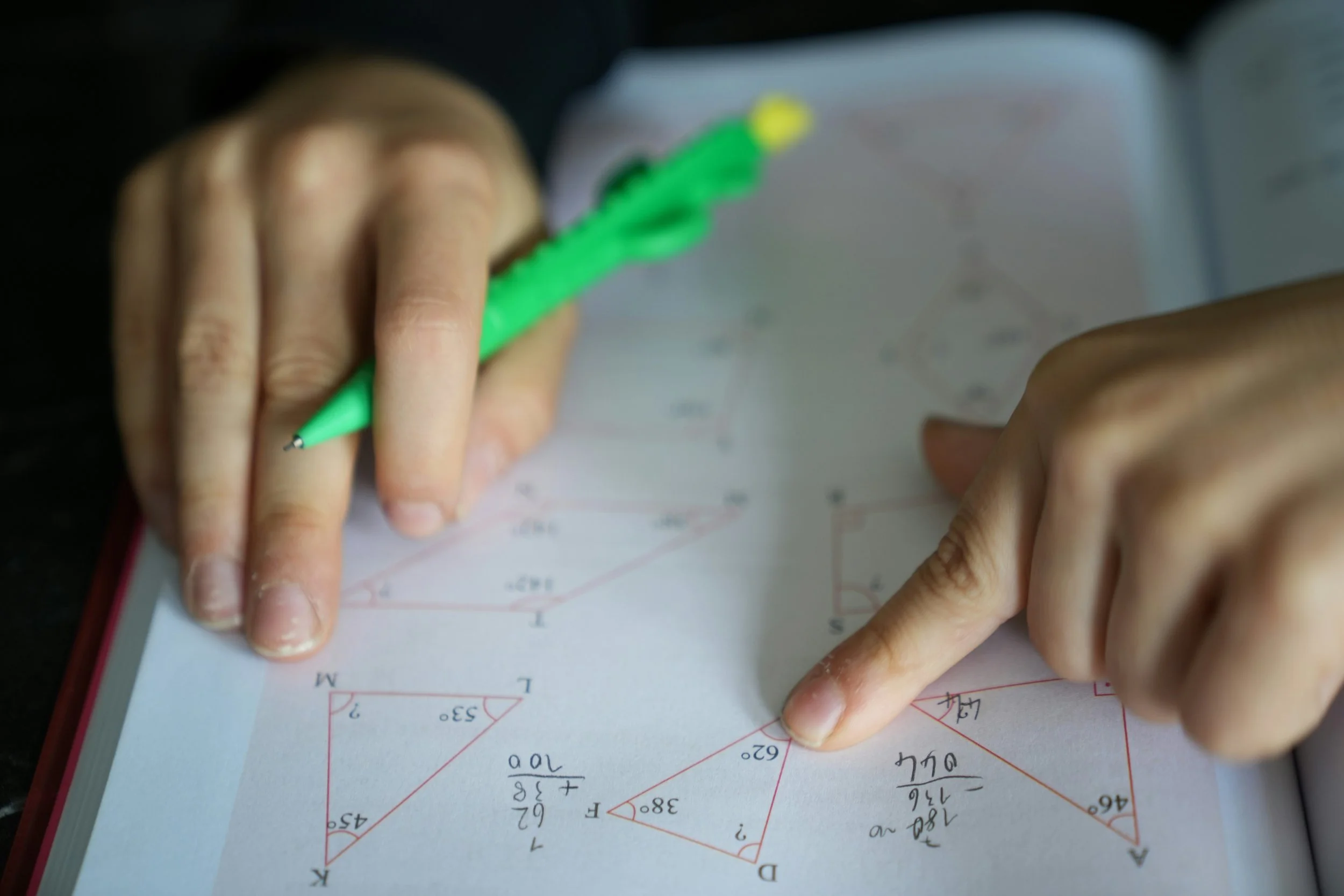
What Is Progressive Education?
Progressive education is often misunderstood. Some hear "child-centered" and imagine a lack of structure or academic depth. In truth, progressive education is rooted in a rich intellectual tradition and backed by over a century of educational philosophy and practice. It is academically rigorous, responsive, and profoundly human. It honors the whole child while cultivating critical thinking, creativity, collaboration, and a genuine love of learning.
According to the Progressive Education Network, progressive education is a shared a commitment to:
Student voice, agency, and responsibility
Learning that is active, relevant, and rooted in real-world experience
Diversity, equity, and social justice in both curriculum and community
Building relationships as the foundation of learning
How is Progressive Education different from Montessori or Waldorf?
Progressive Education includes many of the best practices found in Montessori and Waldorf Education:
Child-centered learning, experiential and hands-on classwork, connection to nature, respect for the whole child, and attunement to their social-emotional development. There are shared values across all three educational approaches. However, by not ascribing to one curriculum and methodology, we are able to remain nimble, and responsive to the needs, interests and personalities of the children in our schools.
Progressive schools stand apart from other child-centered philosophies by designing each day around curiosity, connection, and purposeful learning.
Students engage in hands-on projects and inquiry-driven exploration that make learning relevant and meaningful. Technology is used thoughtfully. Classrooms are inclusive and responsive, honoring diverse learners through flexible structures, differentiated support, and multi-age groupings. It’s a dynamic, student-centered environment where academic rigor lives alongside creativity, joy, and belonging. This is not a one-size-fits-all model.
Progressive Education distinguishes itself by embracing a more fluid and responsive approach to learning.
Our practices are deeply rooted in student interests and needs, with a strong emphasis on active, collaborative, and real-world problem-solving experiences. Our schools prepare students to be active participants in a diverse and democratic society.
What Sets Us Apart
Interdisciplinary, evolving curriculum
Project-based and inquiry-driven learning
Emphasis on community engagement and democratic citizenship
Collaborative learning environments
Attunement to student voice and choice
Flexible and inclusive classroom environments
Emphasis on real-world application

A Legacy of Ideas
Grown from the work of visionary educators and researchers, progressive education today centers on the belief that children learn best through experience, inquiry, and meaningful relationships. Rather than relying solely on rote memorization or standardized testing, progressive schools engage students in hands-on projects, integrated curriculum, self-assessment, and real-world problem-solving, all while closely attending to their social and emotional growth.
We owe inspiration to the early pioneers of the progressive education movement, to early childhood researchers, and to the modern champions of child-centered learning pedagogies.
John Dewey, whose work at the University of Chicago Laboratory School established “learning by doing” as a cornerstone of modern education.
Lucy Sprague Mitchell, founder of the Bank Street School in New York City, whose developmental-interaction approach emphasized real-world experiences.
Francis Wayland Parker, whose namesake school in Chicago pioneered democratic classrooms and integrated learning.
Caroline Pratt, founder of City & Country School in NYC, a visionary in play-based and child-directed learning.
Josephine Duveneck, founder of Peninsula School, the first progressive school in California, emphasized nature-based and community-driven learning. She helped pioneer inclusive, ethical education.
Tom Little, a national leader in progressive education and author of Loving Learning. He co-founded the Progressive Education Network and headed Park Day School for many years.
Gloria Ladson-Billings, whose groundbreaking work in culturally relevant pedagogy challenges schools to honor students' identities, lived experiences, and communities as essential components of meaningful learning.
Lev Vygotsky emphasized social interaction and cultural context in learning. His Zone of Proximal Development (ZPD) and More Knowledgeable Others (MKO) are central to progressive teaching practices, encouraging collaborative learning and tailored support.
Johann Heinrich Pestalozzi, emphasized educating the whole child and believed in learning by observation and experience.
Jean Piaget, the Swiss developmental psychologist, laid the foundation for the constructivist approach to education in which students build on what they know by asking questions, investigating, interacting with others, and reflecting on these experiences.
Paulo Freire, a Brazilian educator and philosopher, proposed "problem-posing education" that encourages students to analyze the world around them, identify problems, and collaboratively develop solutions. Freire believed that teachers should approach education with humility, respecting students' knowledge and experiences.
At its heart, progressive education embraces learning as an active, relational, and meaningful process. It calls on educators to serve as facilitators rather than authoritarian figures, and invites students to be active participants in their own growth. Its impact on innovation lives on today in project-based learning, interdisciplinary curriculum, social-emotional education, and the many schools, like ours, that seek to educate not just for achievement, but for purpose, connection, and a more just world.
In progressive schools, teachers know that children learn in a social context and that their intellectual and social-emotional learning are inseparable. We pay attention to all aspects of children’s development, recognize the unique strengths and needs each child brings to school each day, and understand how education cannot ever be one-size-fits-all. We know that small class sizes matter and that small schools promote authentic relationships and increase democratic potential.



